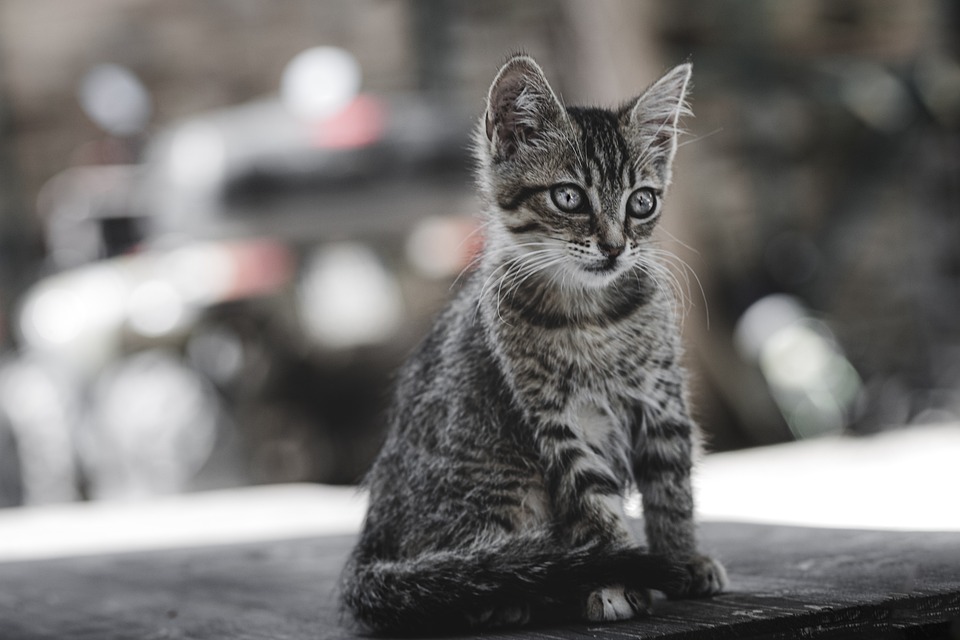Cats are known for their independent nature, but when it comes to car rides, some felines can become excessively vocal. The constant meowing, yowling, or even howling during car journeys can not only be distressing for both the cat and the owner but can also be a potential distraction while driving. In this article, we will explore the reasons behind excessive vocalization in cats during car rides and provide useful tips to address this behavior.
Understanding Excessive Vocalization in Cats during Car Rides
1. Anxiety and Fear: Many cats experience anxiety or fear associated with car rides. The unfamiliar environment, vibrations, loud noises, or simply the motion of the car can trigger stress responses in cats, leading to excessive vocalization.
2. Motion Sickness: Just like humans, some cats can suffer from motion sickness, which can contribute to their vocalization during car rides. The discomfort and nausea experienced due to the car’s movement can cause cats to vocalize their distress.
3. Lack of Familiarity: Cats are creatures of habit and value their territory. Being in a moving vehicle can make them feel vulnerable and disoriented, causing them to vocalize to express their discomfort or seek reassurance.
4. Separation Anxiety: For cats who have separation anxiety, being away from their familiar surroundings or their owners for an extended period can trigger excessive vocalization during car rides.
Addressing Excessive Vocalization: Effective Strategies
1. Gradual Desensitization: Introduce your cat to car rides gradually by initially allowing them to explore and familiarize themselves with the car while it’s stationary. Gradually increase the duration of these “practice” sessions, rewarding your cat with treats and praise for calm behavior.
2. Create a Comfortable Environment: Make the car ride as comfortable as possible for your cat. Use a secure and well-ventilated carrier with familiar bedding and toys. Covering the carrier with a lightweight blanket can create a den-like atmosphere, helping your cat feel secure.
3. Minimize Stressful Stimuli: Reduce external stimuli that can exacerbate your cat’s anxiety or fear during car rides. Playing soft classical music or using calming pheromone sprays can help create a soothing atmosphere.
4. Consult with a Veterinarian: If your cat experiences severe anxiety or motion sickness during car rides, consult with a veterinarian. They can recommend appropriate medications or natural remedies that can help alleviate your cat’s distress.
5. Practice Positive Reinforcement: Reward calm behavior during car rides with treats, praise, or gentle strokes. Positive reinforcement can help your cat associate car rides with positive experiences and reduce excessive vocalization.
FAQs (Frequently Asked Questions)
1. Why does my cat only vocalize during car rides?
Cats vocalize during car rides due to anxiety, fear, motion sickness, or separation anxiety. The unfamiliar environment, vibrations, loud noises, and the motion of the car can trigger stress responses, leading to excessive vocalization.
2. Should I let my cat roam freely in the car during rides?
No, it is not safe to let your cat roam freely in the car during rides. Use a secure carrier to ensure their safety and prevent distractions while driving.
3. Can I use sedatives to calm my cat during car rides?
It is recommended to consult with a veterinarian before using any sedatives or medications. They can evaluate your cat’s specific needs and prescribe appropriate options if necessary.
4. How long does it take to desensitize a cat to car rides?
The duration of desensitization can vary depending on your cat’s personality and previous experiences. It may take weeks or even months of consistent and patient training to acclimate your cat to car rides.
5. Are there any alternative methods to address excessive vocalization during car rides?
Along with the strategies mentioned above, alternative methods such as natural calming remedies, pheromone diffusers, or anxiety wraps may help reduce excessive vocalization. Consult with a veterinarian for personalized advice.
Conclusion:
Excessive vocalization during car rides can be distressing for both you and your cat. By understanding the reasons behind this behavior and implementing effective strategies, you can help your cat feel more comfortable and calm during car journeys. Remember, patience, positive reinforcement, and creating a safe and comfortable environment are key to addressing and reducing excessive vocalization in cats.








